📡 Maroc Telecom and IFC Forge €370M Deal to Expand 4G in Chad and Mali
Date: June 23, 2025
A powerful new chapter in Africa’s digital story has begun. In a move that promises to bring faster and more reliable mobile internet to millions, Maroc Telecom and the International Finance Corporation (IFC) have announced a major €370 million partnership to expand 4G infrastructure across Chad and Mali.
This long-term financing agreement isn't just about towers, fiber optics, and spectrum licenses. It’s about reshaping lives, unlocking economies, and delivering 21st-century opportunity to communities that have been left offline for too long. It’s about putting rural and urban users on the same digital map.
🌍 Why This Investment Is So Important
Chad and Mali are among the least connected nations in Africa. Limited mobile data coverage, expensive plans, and slow network speeds have held back local innovation, access to education, online commerce, and public services. For many people in remote regions, accessing mobile internet still means walking kilometers to reach a town center.
But that’s now changing.
With this €370 million injection, Maroc Telecom's Moov Africa subsidiaries in Chad and Mali will significantly expand their 4G networks, targeting underserved areas and boosting both coverage and quality. The aim is clear: build digital highways where dirt roads dominate, and make fast internet access a basic right, not a distant luxury.
🤝 Inside the Partnership: Maroc Telecom x IFC
Maroc Telecom, North Africa’s largest telecom operator, is making bold moves in sub-Saharan Africa through its Moov Africa brand, which operates in 10 African countries. This partnership with the International Finance Corporation (IFC)—part of the World Bank Group—represents a strategic effort to bring sustainable infrastructure to some of the continent’s most challenging markets.
The financing structure includes both loans and equity investments, ensuring that the expansion is both commercially viable and socially responsible. IFC’s role isn’t just to write the check—it’s to provide technical guidance, compliance oversight, and impact assessment to guarantee that the investment actually benefits local communities.
📶 Why Chad and Mali?
The decision to focus on Chad and Mali reflects a targeted effort to connect some of Africa’s most disconnected populations.
Chad, a vast landlocked country in Central Africa, has one of the lowest mobile broadband penetration rates on the continent. While smartphone ownership is rising, many regions still lack even basic network access. According to recent government data, more than 65% of the rural population remains outside 3G or 4G coverage.
Mali, which has faced political instability and security challenges in recent years, has seen rising demand for internet access, particularly in urban areas like Bamako. However, rural areas remain under-connected, with slow speeds and limited capacity. The demand for online education, mobile banking, and remote healthcare services continues to grow, especially since the COVID-19 pandemic highlighted the digital gap.
With this new investment, both countries are expected to see a dramatic increase in internet reach, boosting social inclusion, job creation, and economic productivity.
🔧 What's Included in the Expansion?
This isn’t just a cosmetic upgrade. The €370 million deal will fuel:
Construction of hundreds of new 4G towers across hard-to-reach regions
Upgrade of existing 2G and 3G infrastructure to support modern mobile broadband
Deployment of fiber optic backhaul to improve speed and stability
Expansion of mobile financial services, especially for rural and unbanked populations
Creation of new local tech jobs, including tower engineers, network technicians, and sales agents
The result? More people, more devices, and more businesses connected to a world of opportunity.
📊 What This Means for People on the Ground
For a young student in a village outside N'Djamena, this partnership might mean watching online lectures for the first time.
For a small shop owner in Mopti, it could be the difference between cash-only and using mobile money.
For a local health clinic in rural Chad, it may allow doctors to access cloud-based medical records and telemedicine tools.
This isn't just about uploading selfies faster. It’s about allowing real people to participate in the global economy, in education, and in governance.
💸 Mobile Money, E-Commerce, and Economic Growth
Africa’s mobile-first economy is already a global phenomenon. In many regions, mobile money transactions now outpace traditional banking. But this progress depends on reliable, high-speed networks—and that’s where 4G plays a key role.
With expanded 4G, small businesses will be able to launch e-commerce shops, farmers can check weather and market data in real time, and job seekers can access online platforms to find work or training.
Financial inclusion will also rise. People without bank accounts can now send, receive, and save money through their phones. Mobile money services like Moov Money, Orange Money, and others will become more accessible, more secure, and more integrated into everyday life.
🏛️ Government & Institutional Support
This move has not happened in isolation. Both the Chadian and Malian governments have shown growing support for telecom sector development. They recognize that expanding digital infrastructure is vital for everything from tax collection and security to education and health service delivery.
Local regulatory agencies have worked closely with Maroc Telecom to issue new 4G licenses, simplify import logistics for telecom equipment, and establish public-private agreements for rural network rollout.
In return, Maroc Telecom has committed to transparency, affordability, and inclusive growth, ensuring that the poorest communities aren’t left out.
📈 Strategic Goals for Maroc Telecom
For Maroc Telecom, this investment also makes perfect business sense.
With saturated competition in Morocco, the group is betting on growth in sub-Saharan Africa, where mobile penetration is still expanding, and demand for broadband services continues to soar.
Chad and Mali are viewed as high-potential markets, where infrastructure investment can quickly turn into new subscriber growth, increased data revenues, and stronger brand loyalty.
Through its Moov Africa subsidiaries, the company is not only becoming a leading telecom force in West and Central Africa but also positioning itself as a partner in development.
🧠 The Role of the IFC: Not Just a Financier
While Maroc Telecom brings the commercial strength, the IFC ensures that the deal is about development, not just profit.
Their role is to ensure that this infrastructure:
Meets global environmental and social standards
Respects digital rights and gender inclusion
Supports training and job creation at the local level
Is priced fairly and transparently
The IFC also provides tools for impact measurement, so the success of the project can be tracked—not just in gigabytes, but in livelihoods improved and opportunities opened.
🌐 Beyond 4G: What Comes Next?
Though this deal focuses on 4G, the long-term plan is clear—build the foundation for 5G and smart services across the region.
As more Africans get connected, demand for faster, more responsive, and more secure networks will grow. This investment ensures that Chad and Mali aren’t left behind as the rest of the continent steps into the next phase of the digital revolution.
With fiber backbones, rural towers, and regulatory momentum, these countries are set to become rising digital hubs in their own right.
✍️ Tips for Guest Posting on This Topic
If you’re creating a guest post or blog piece on this story, here are some themes and angles to explore:
Digital Equality – How the internet can empower every community when it’s inclusive and affordable.
Public–Private Partnerships – Highlighting how collaboration between governments, corporations, and NGOs can drive real progress.
Mobile-First Africa – Framing Africa’s digital leap as a mobile-first revolution, not a Western-style desktop progression.
Human Storytelling – Feature quotes, examples, or local case studies that show how connectivity changes real lives.
Comparative Insight – Show how this rollout compares with other African telecom expansions like Safaricom in Kenya or MTN in Nigeria.
🌟 Final Thoughts: A Signal of Progress
This €370 million partnership is more than a deal—it’s a signal of hope, ambition, and commitment. It shows what’s possible when technology meets investment, and when that investment is guided by both profit and purpose.
For the people of Chad and Mali, it's not just about better signal bars on a screen. It’s about accessing new opportunities, building a future, and finally having a voice in the global digital community.
And for the rest of the world, it’s a reminder that the future of the internet won’t be built in Silicon Valley alone—it will be built, tower by tower, across deserts, villages, and cities throughout Africa.
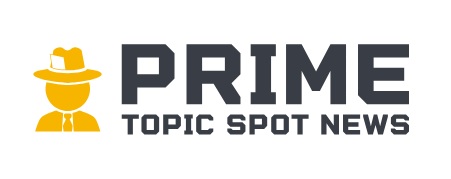
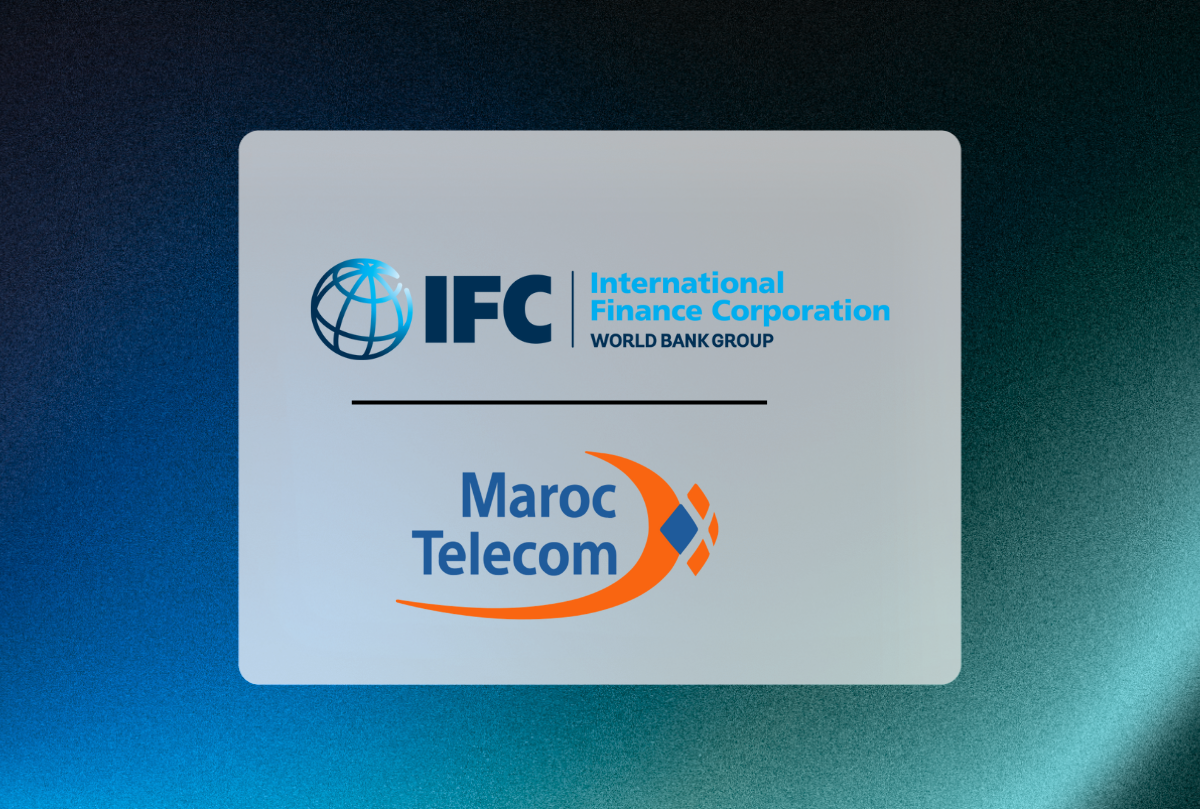
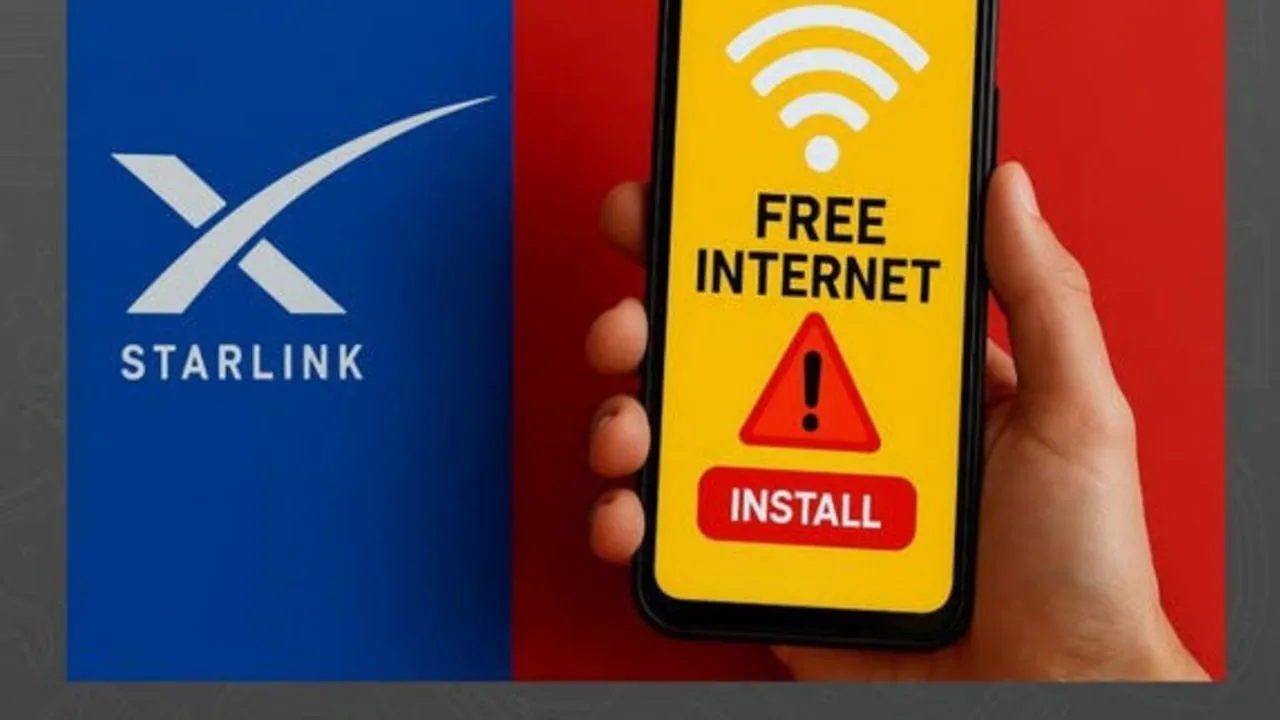
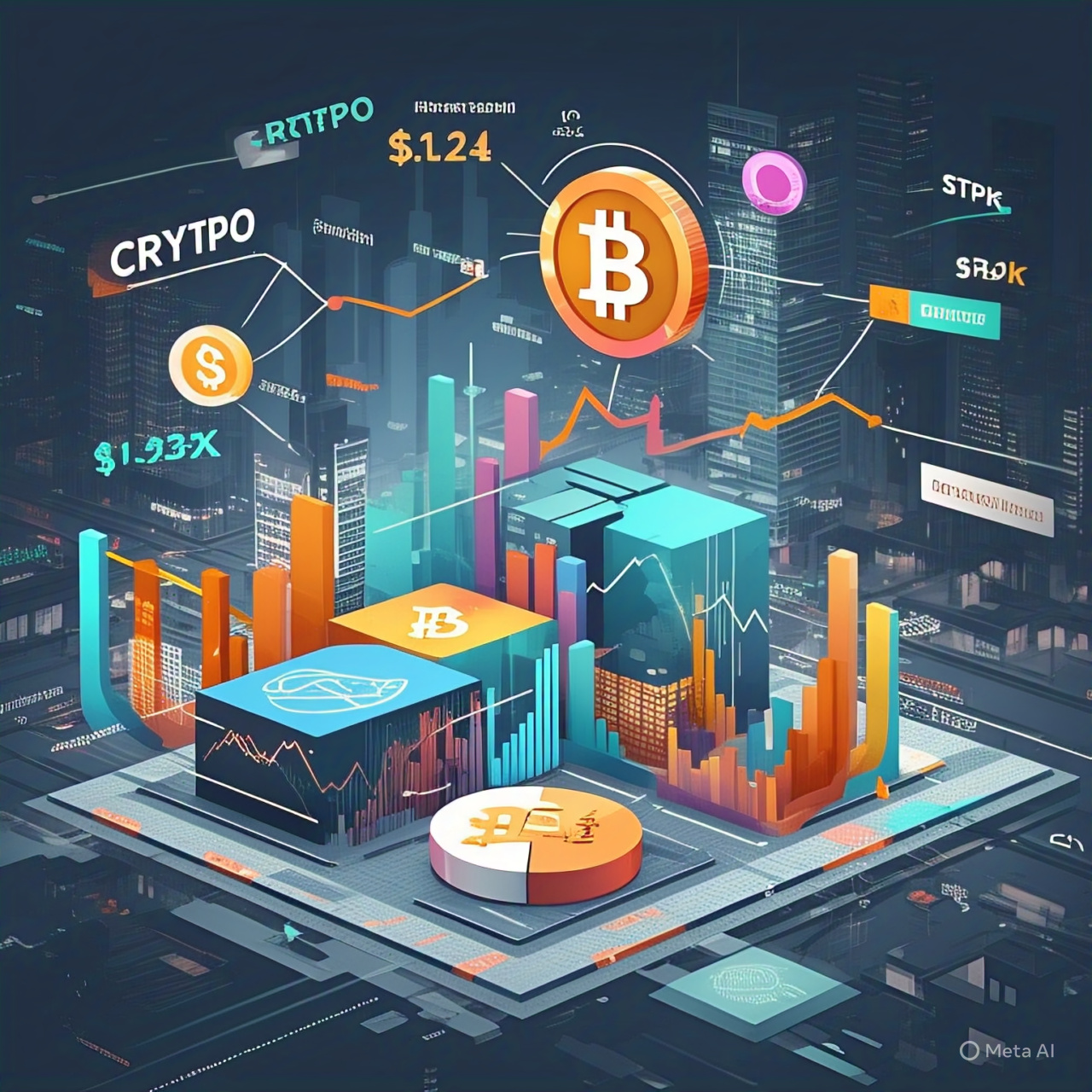
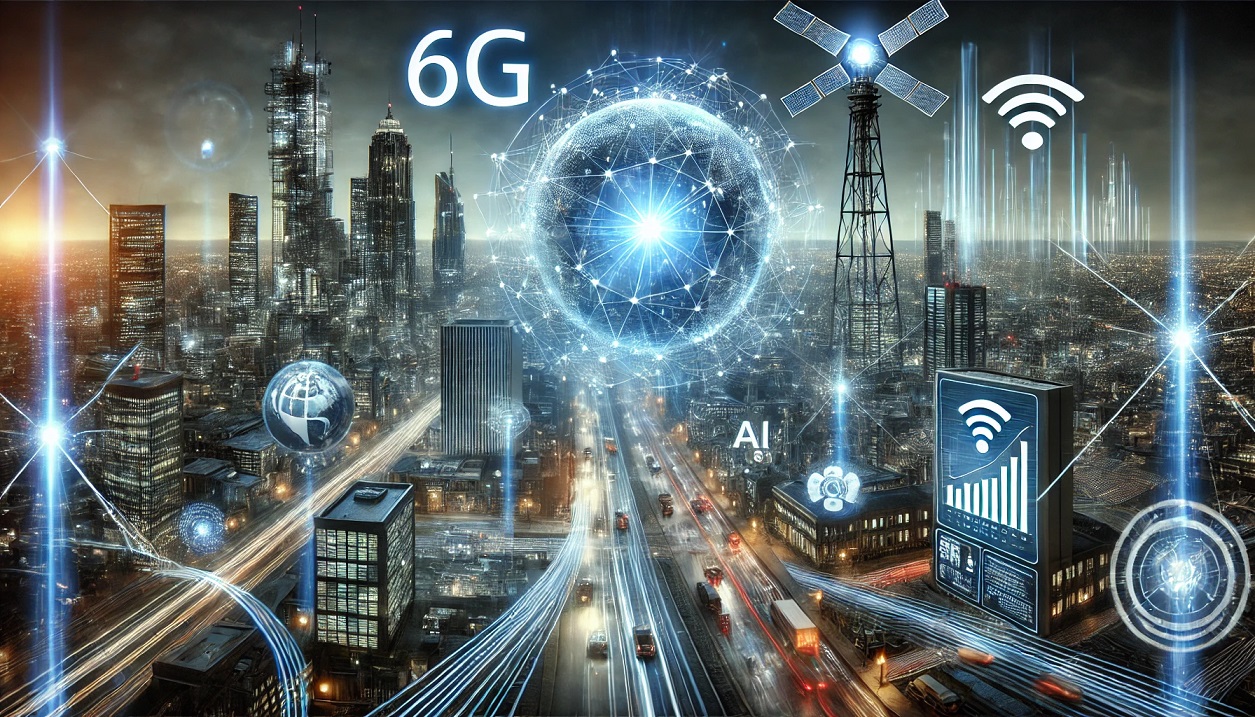
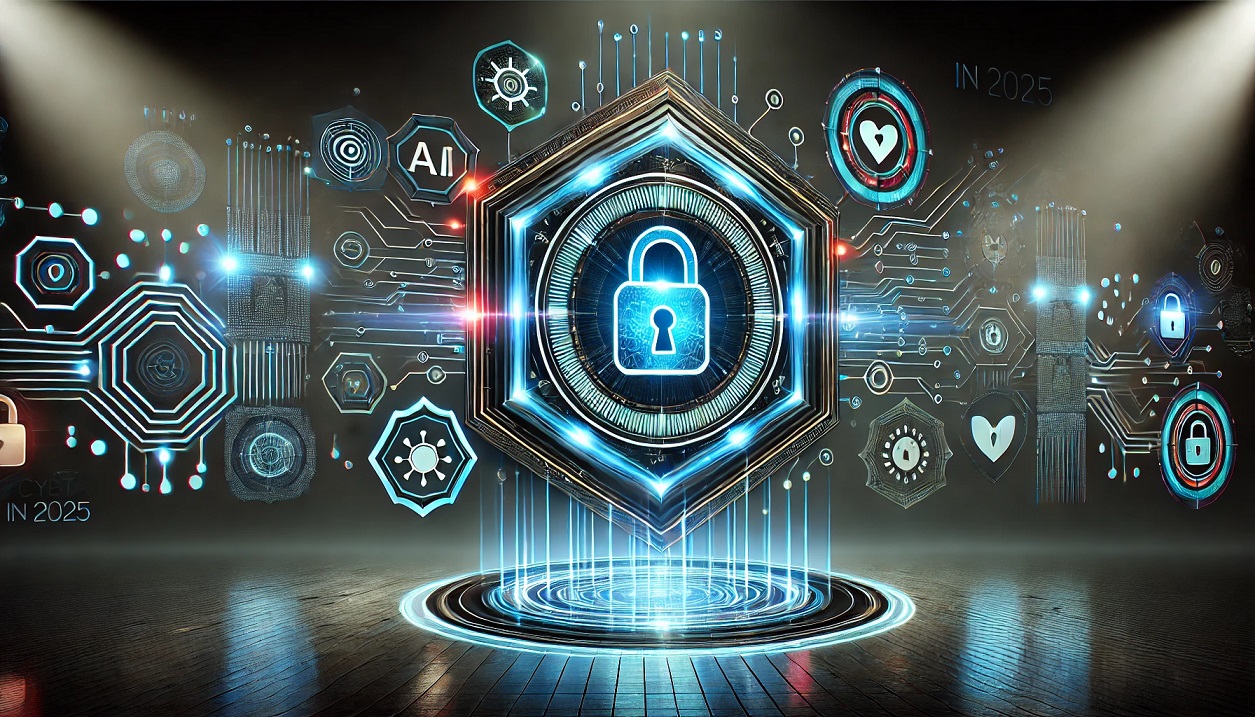
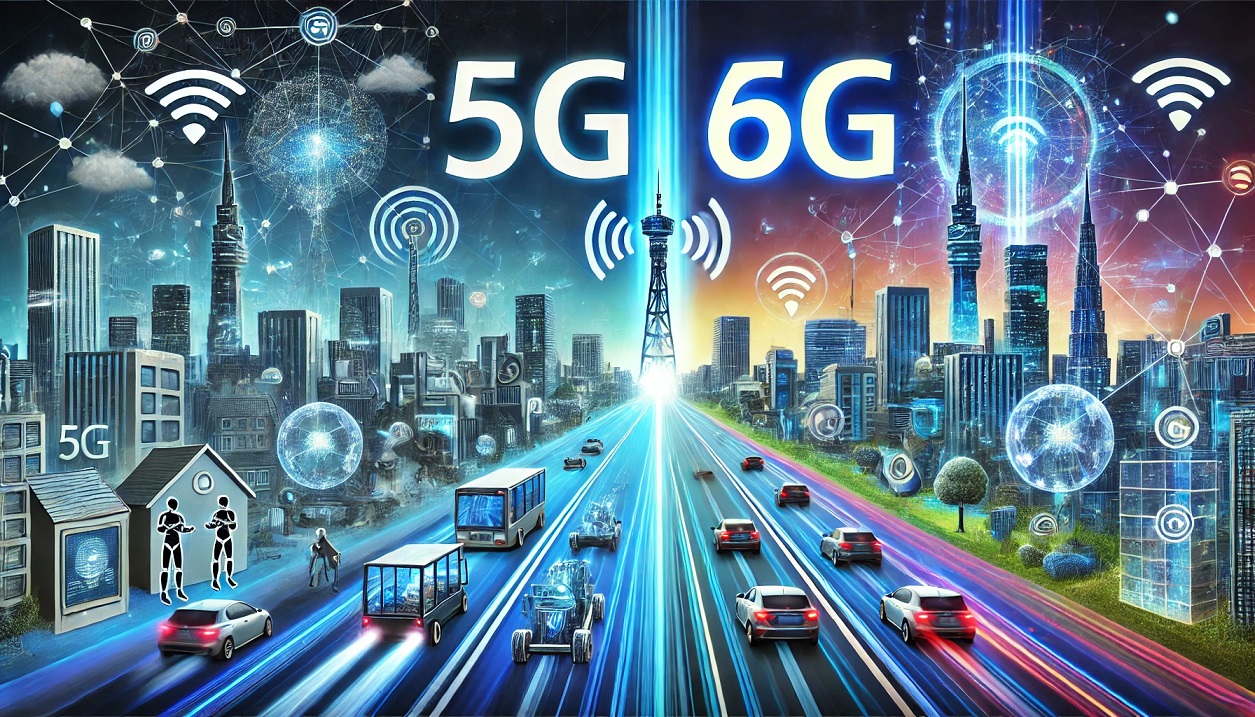
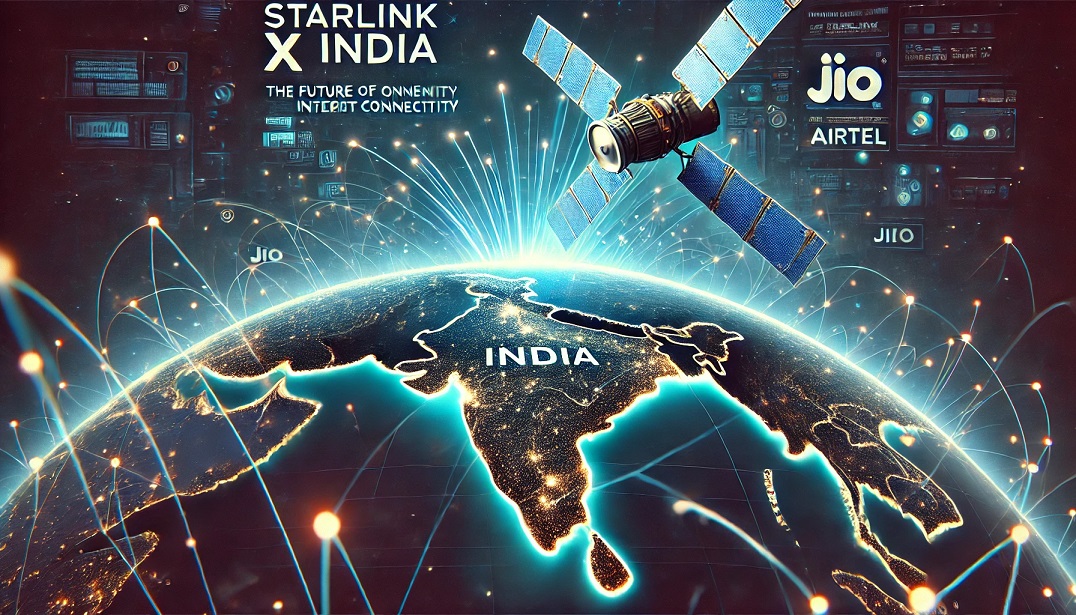
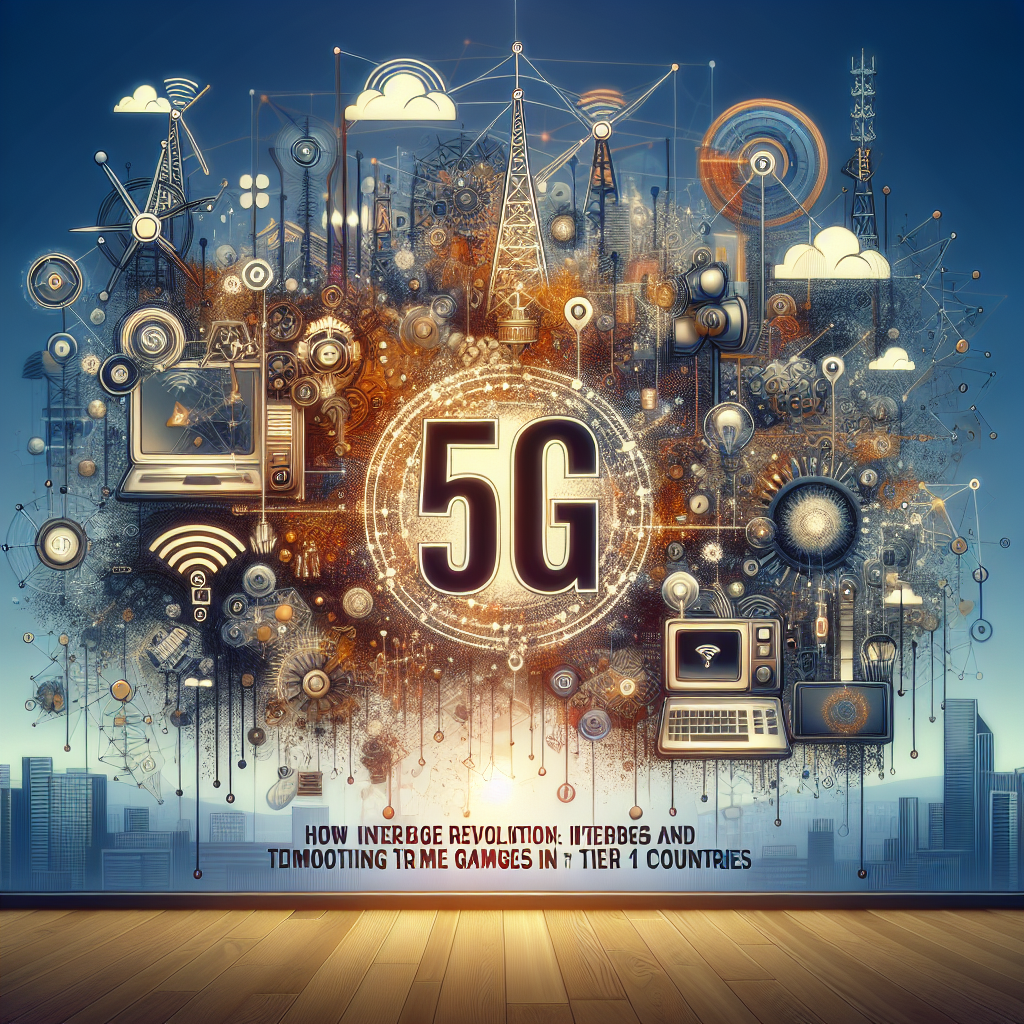
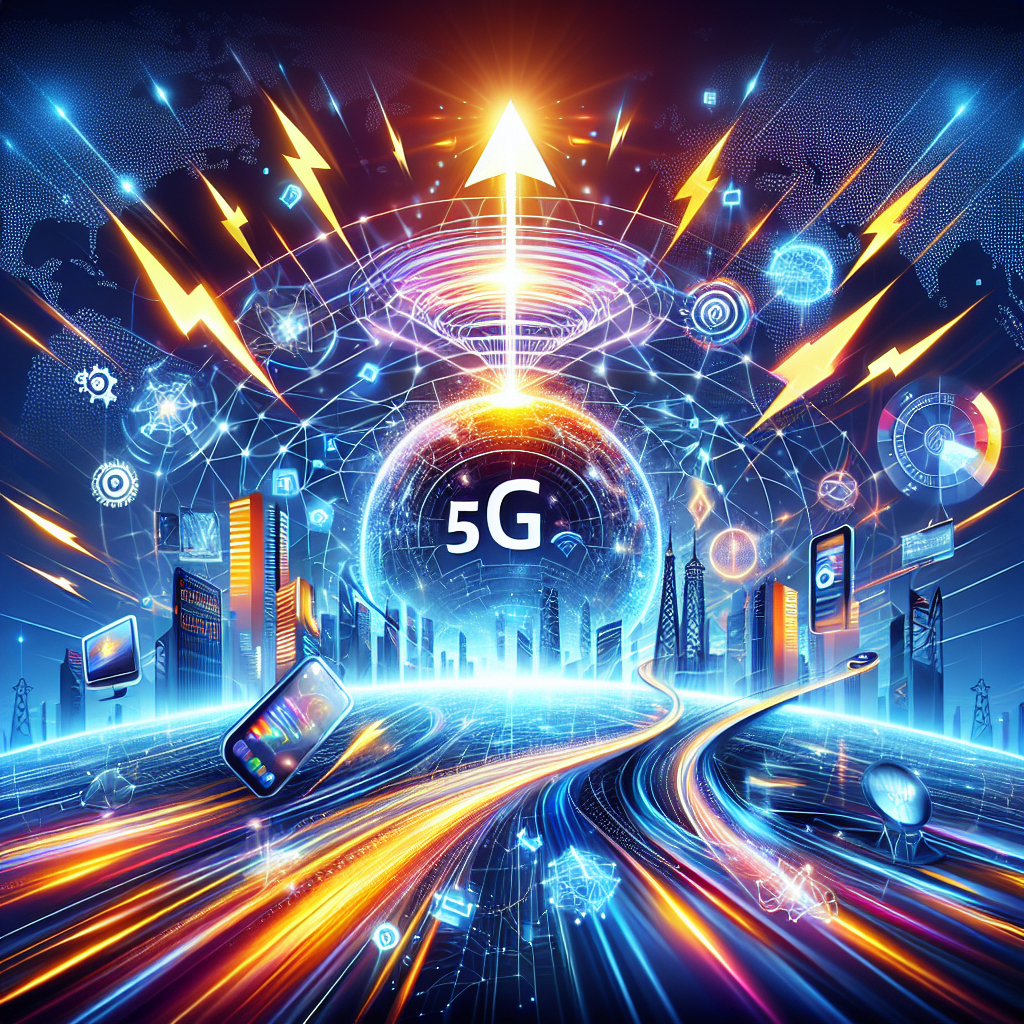
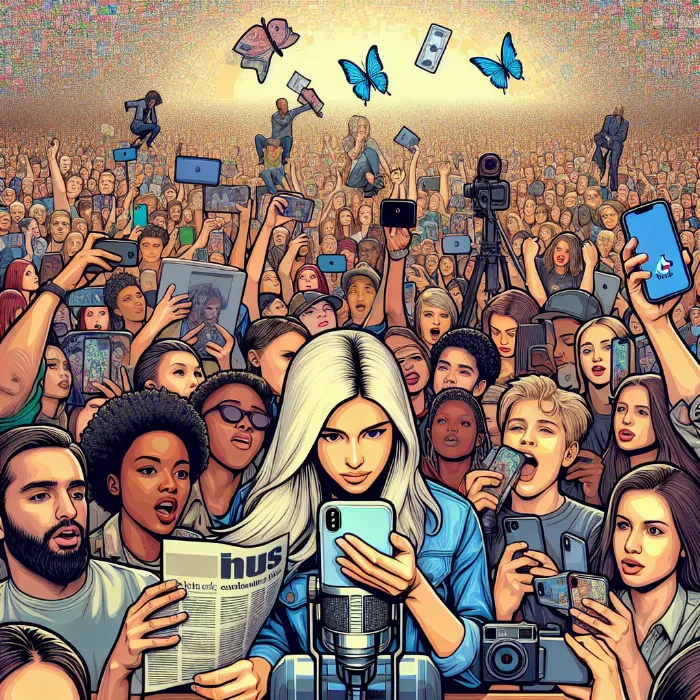
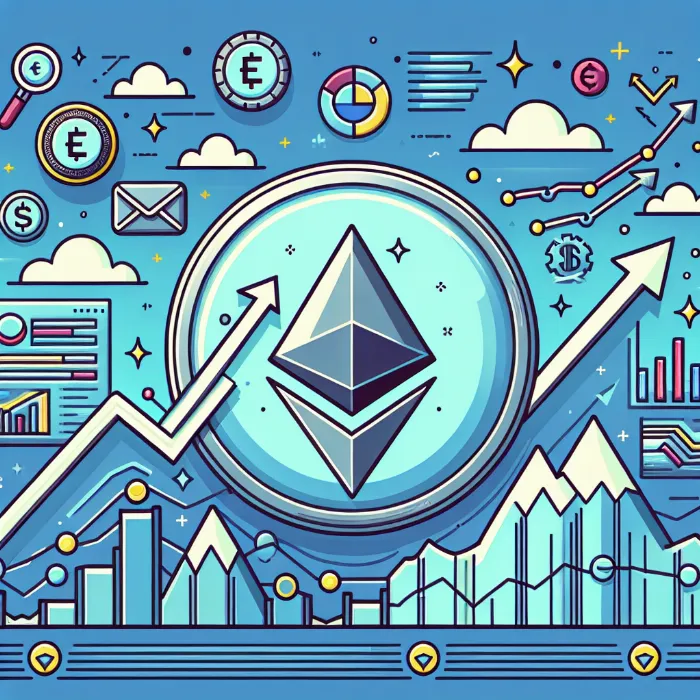


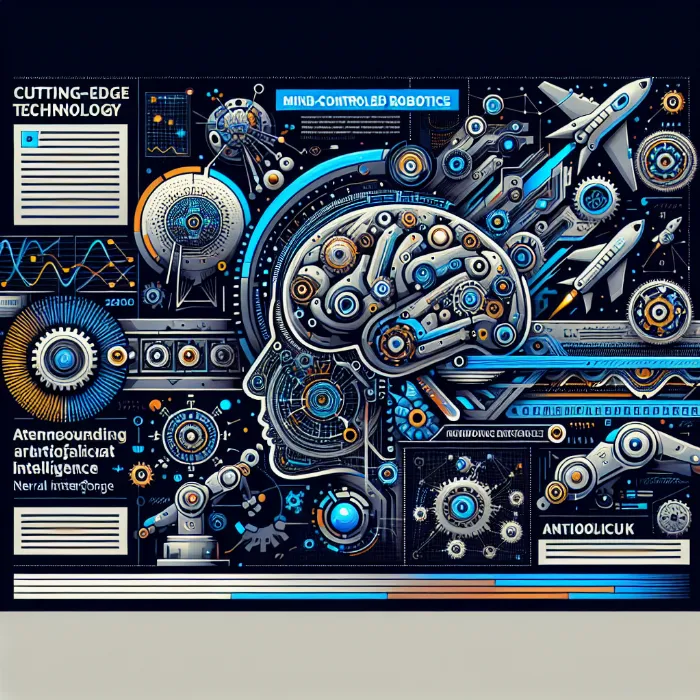


Comments 0